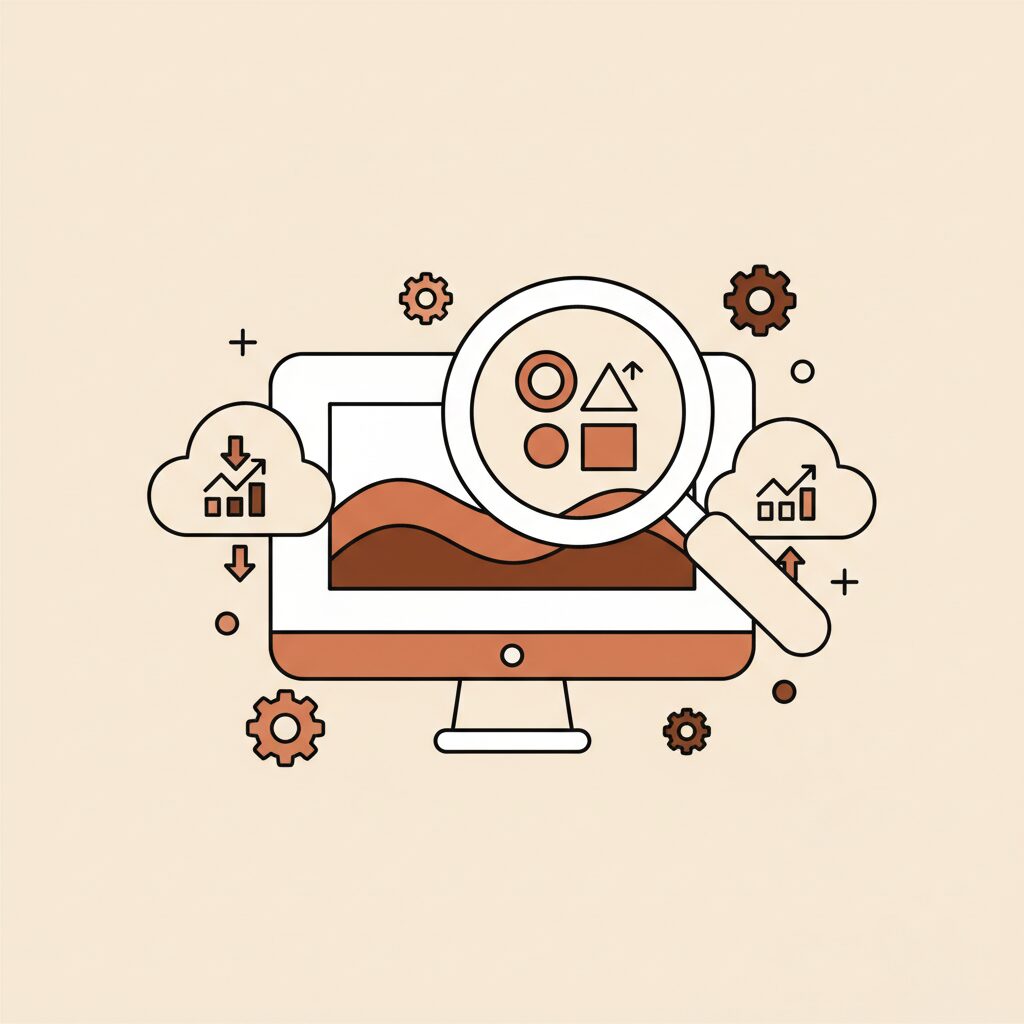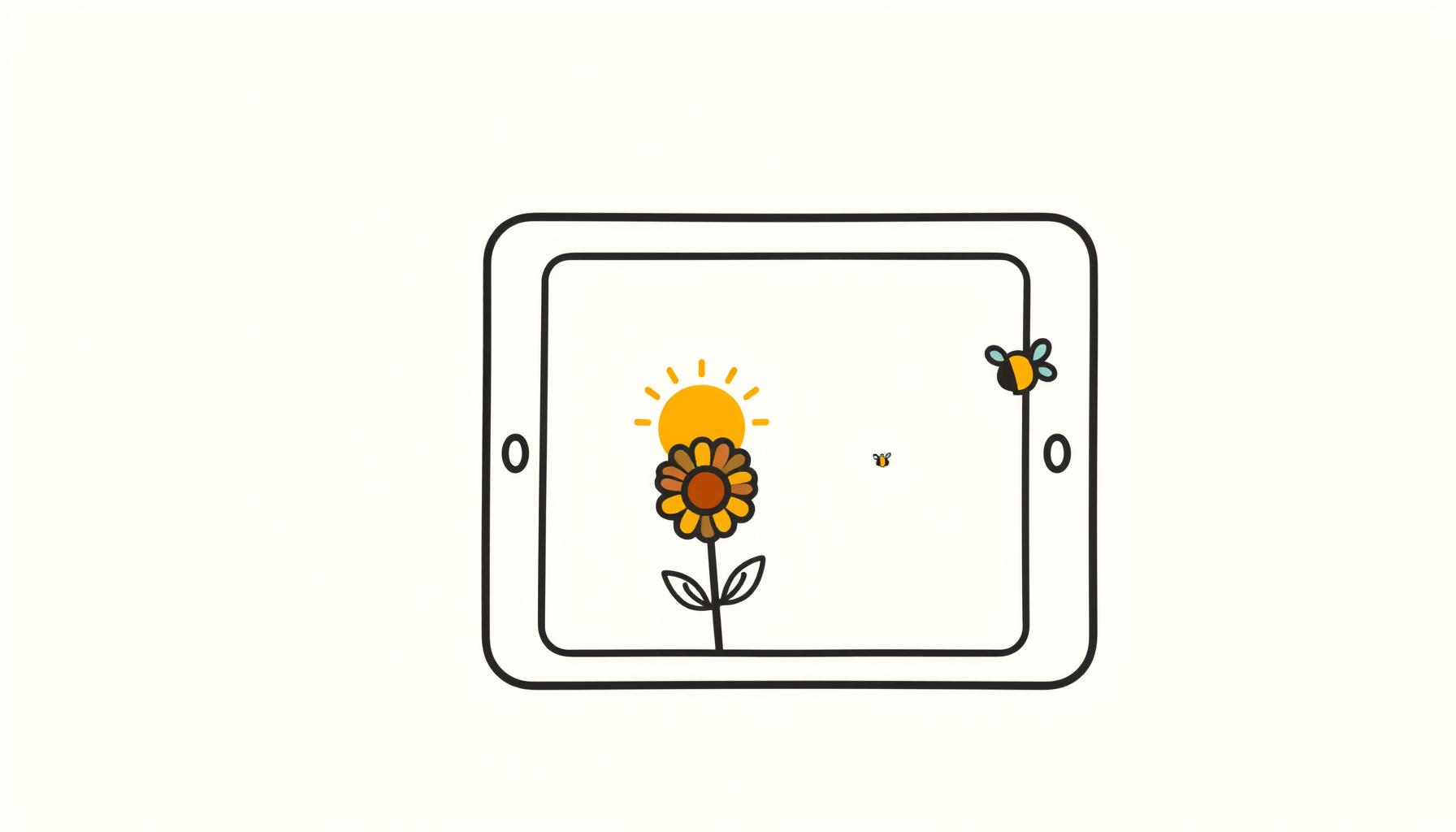
Ever watched your kid negotiate toy-sharing while CEOs debate AI decisions? I couldn’t help but smile through a rainy-day LEGO session recently—half listening to news about AI agents reshaping leadership. From spotting hidden loan trends to advising billion-dollar calls, these tools made me wonder: what skills will kids need when AI isn’t just a helper, but a coworker? Forget sci-fi job fears; the real story’s brighter. Because when algorithms handle routine tasks, uniquely human traits—curiosity, empathy, creativity—become irreplaceable superpowers. And those? They’re nurtured not in boardrooms, but during sidewalk chalk art and bedtime debates. Let’s unpack why.
How Do AI Agents Actually Work in the Future Workplace?

It’s tempting to picture AI agents as replacement bosses, but reality’s more nuanced. Today’s leaders use them for strategic decisions: an agent might flag unusual loan performance in Mumbai, analyze monsoon-driven economic shifts, and suggest fixes—all before humans spot the issue. Bernard Marr’s Forbes piece shows 53% of business leaders now lean on AI daily, with tools like Microsoft weaving agentic smarts into workflows.
This isn’t about replacing people—it’s elevating them. Moderna showcased this approach. They merged HR and IT leadership, treating AI as a workforce-shaping partner rather than just software. For parents, this signals a quiet revolution: our kids’ future jobs will thrive on collaboration with intelligent tools.
But here’s the kicker—the most priceless skills won’t be technical. They’ll mirror childhood’s best moments: asking ‘why does the ladybug have spots?’, rebuilding sandcastles after waves hit, or spotting cloud-dragons during walks. When your child troubleshoots a playground conflict or redesigns a collapsed block tower, they’re practicing adaptive leadership no code can copy. So let’s embrace this ‘AI coworker future,’ because humanity’s messy, wondrous spirit is the ultimate edge.
What Human Skills Give Kids an Unbeatable Edge Over AI?

McKinsey’s research reveals a beautiful truth: AI spots patterns humans miss, but can’t replicate human spark. Organizations like Big Brothers Big Sisters use AI to narrow mentor matches by analyzing interests, but people make the final call. Why? Because trust and connection aren’t just data points—they’re lived stories.
That’s where kids’ play becomes genius training. Unstructured time—fort-building, mud-kitchen experiments, inventing games with sticks—sharpens skills algorithms struggle with: emotional intuition, creative problem-solving, grit after setbacks. Marc Benioff notes this era could ‘unlock extraordinary growth’ while carving new paths for human brilliance. But growth isn’t just economic; it’s navigating ambiguity with hope.
Consider this: when a child shares their last cookie without prompting, they’re practicing generosity—an unquantifiable value. When they wonder why dandelions survive concrete cracks instead of googling it, they nurture curiosity that fuels breakthroughs. These moments wire brains for resilience, building skills that age like fine wine. So protect unstructured play like treasure—because in this new era, it truly is.
How Can Playful Parenting Help Kids Thrive with AI Agents?

Worried tech stifles potential? Let’s flip the script: what if AI amplifies real-world wonder? The key isn’t banning screens—it’s bridging them to hands-on magic. If a video explains bee pollination, plant sunflowers and watch visitors arrive. If an app maps weather, jump in puddles while sketching clouds. Technology should ignite curiosity, not replace it.
Businesses thrive this way: AAA Washington uses agents for routine tasks so staff focus on stranded drivers needing compassion. For kids, balanced screen time mixed with tactile play does the same—turning information into understanding. Next time your child asks why leaves change color, don’t just show a diagram. Wonder aloud: ‘What if trees throw a secret fall party?’ Then gather crayons and create invitations.
Because when AI handles facts, our parenting role shifts to nurturing questions that spark discovery. And that happens best through messy, joyful play—where creativity blooms and humanity shines. Why not turn ‘I’m bored!’ into ‘What adventure shall we invent?’ It teaches partnership with tech, not dependence.
3 Dad-Tested Shifts to Build Timeless Skills

1. Champion ‘Curiosity Time’ Over Screen Time: Gauge tech use by engagement, not minutes. Did a robot cartoon inspire a blanket fort? Awesome—build it together! Well, minus the stepped-on bricks.
2. Ask Playful ‘What Ifs’: Chat about AI ethics casually: ‘Should a robot decide who gets help first? What would kindness do?’ These talks build moral reasoning machines can’t mimic.
3. Cheer Productive Struggles: Let kids tackle problems—burnt cookies, wobbly towers, toy negotiations. In an AI-optimized world, resilience from failures becomes priceless.
Remember: AI serves insights, but humans give them meaning. Our job isn’t shielding kids from tech—it’s amplifying their humanity through shared laughter that echoes beyond playgrounds. So cherish mud-stained knees, ‘why?’ avalanches, and imperfect creations. Because when algorithms handle predictability, our kids’ beautifully unpredictable sparks—their questions, compassion, grit—will light tomorrow. What if today’s playtime puddles become tomorrow’s innovative leaps?
Source: AI Agents Are Already Reshaping Business Leadership And Decision Making, Forbes, 2025/09/01
